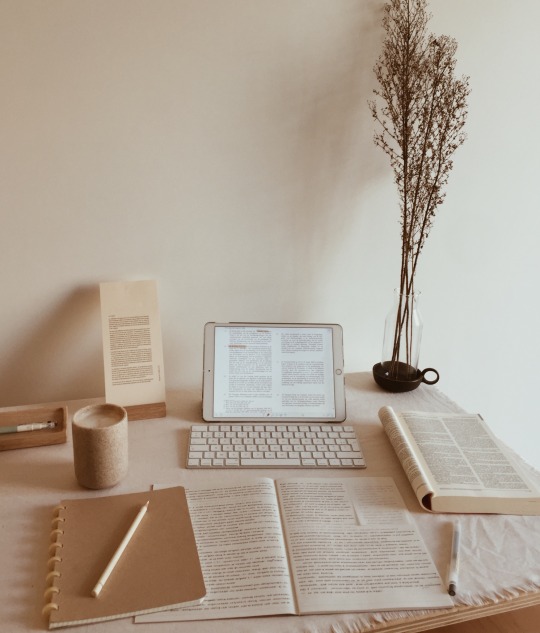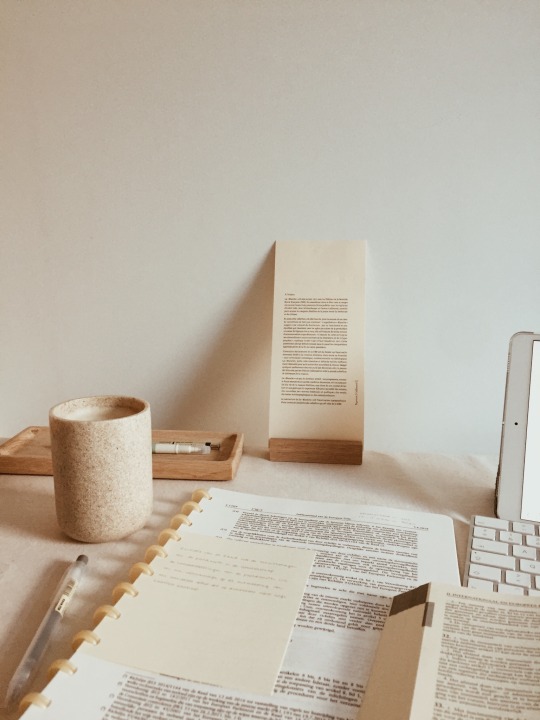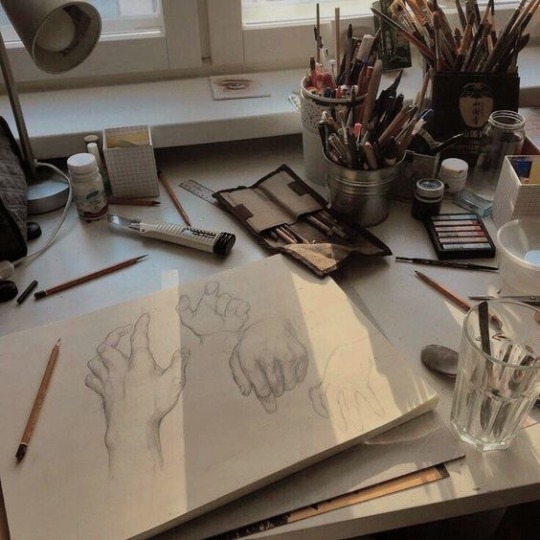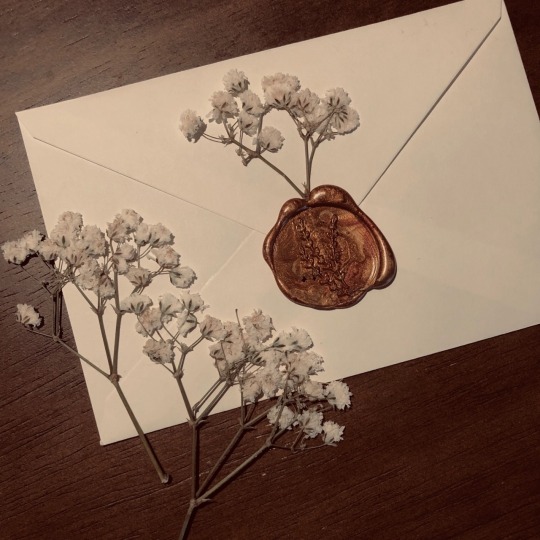Text



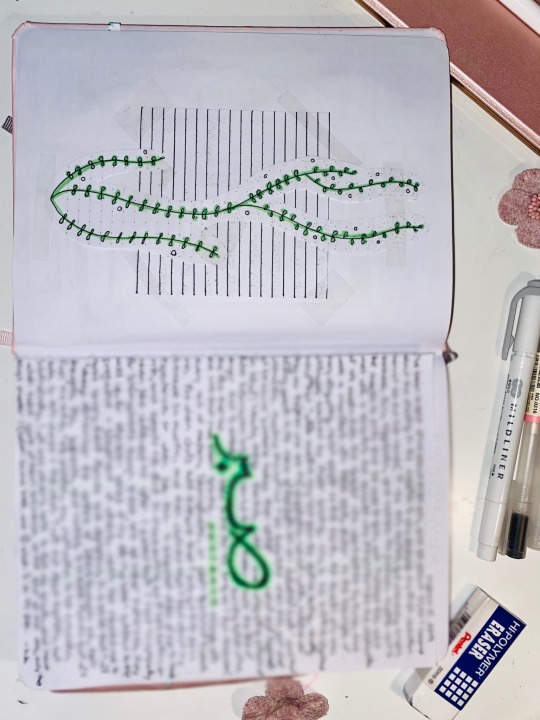
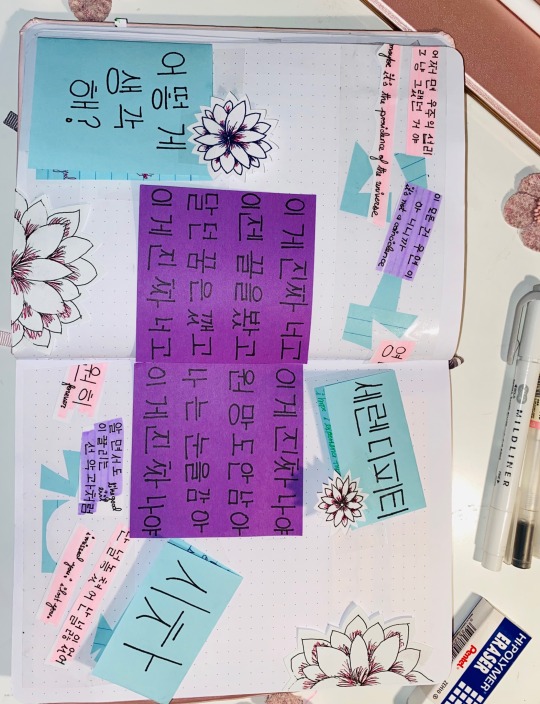
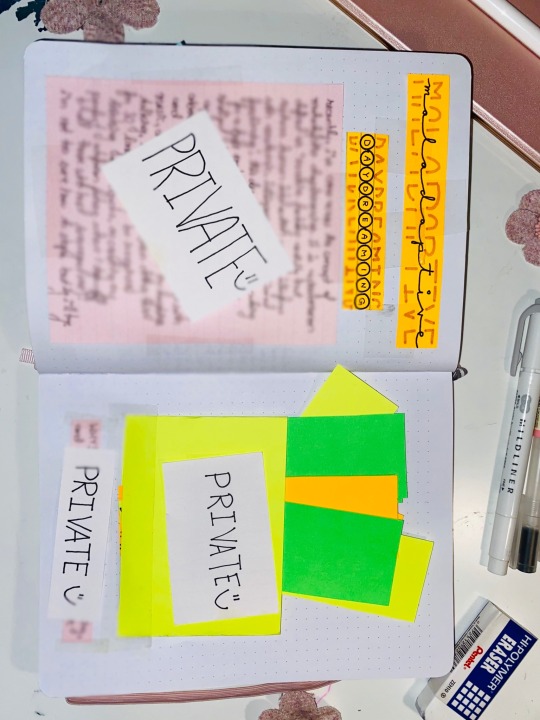
so i took my old bullet journal, cut out the old pages, and turned it into some kind of just reflection journal/a place where i can write about anything my heart desires. here’s some pages about random thoughts that have gone through my mind, some lyrics, some reflection, and interesting concepts (like maladaptive daydreaming and my thoughts about it). i blurred out some of the more private stuff, but the spreads are pretty and i wanted to share :)
#student#studyblr#studyspo#new studyblr#notes#study aesthetic#class#classes#online school#study#artsy#journal#diary#journaling#how to journal#reflection#art#work in progress
17 notes
·
View notes
Text





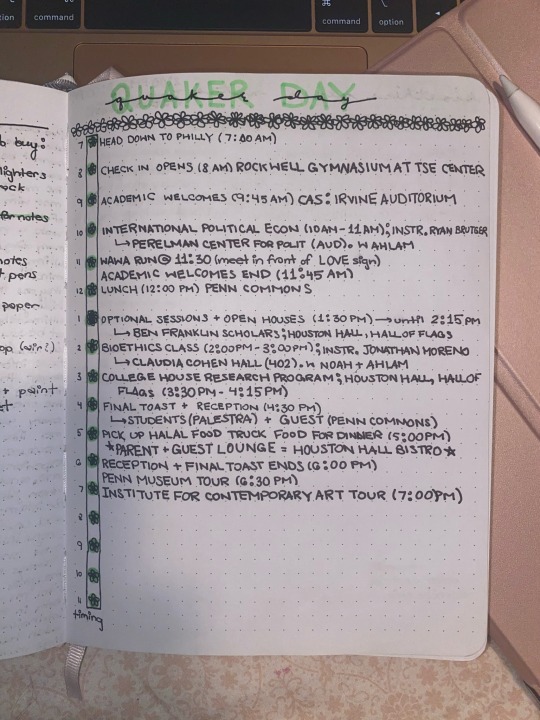
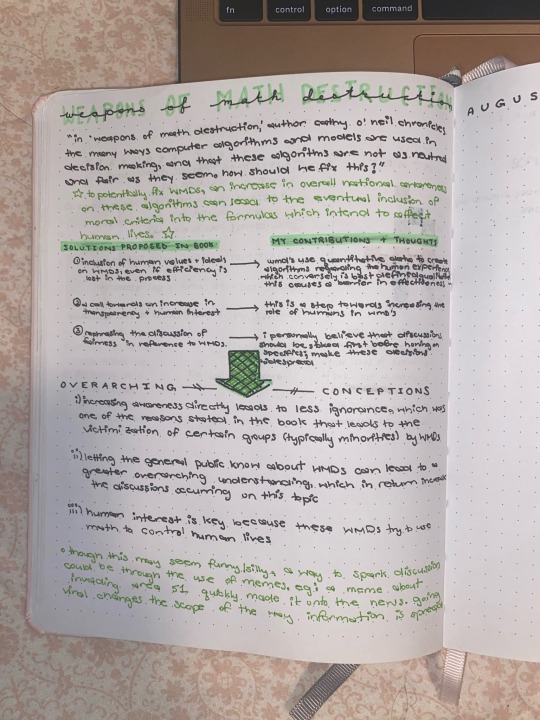
found my old bullet journal that was supposed to be for 2019-2020, but i forgot about it oops
i’m gonna try to convert it into something else that hopefully i can consistently use !!
#studyblr#student#studyspo#study blog#study aesthetic#studyspiration#bujo#bullet journal#doodle#quarantine#art#drawing
55 notes
·
View notes
Text
PLANNING 101
A student tested guide to planning your shit
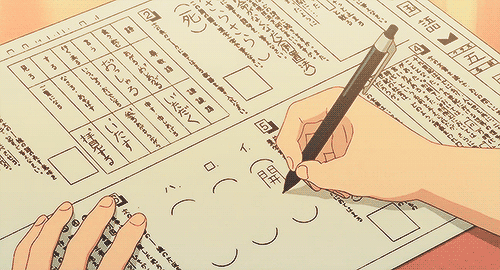
Yes, I’m back after months of absence. I’ve been horribly busy this summer, I started my internship, had to do some certifications and even started working as a freelance marketer aside from that. So, you can just imagine how many things I’ve gotta do. And I have to say what truly saved me, is planning properly. So these are the best practices I’ve learned that have saved me from going crazy. This method consists of 3 stages: Overview, Planning, Reviewing. In the end, I will also list some good practices that can help you plan better.
Overview Stage
For this first stage, I rec you to grab a piece of paper and just jot down these things. Don’t write them directly on your calendar, with the exception of deadlines.
1. List your deadlines first. Starting with the deadlines is the easiest given the fact these are likely not to change dates. Include here things like presentations, exams, meetings. Also, do yourself a favour and list the expiration date of legal documents like ID, passport, license and such because most of us don’t do that and realise too late when its already expired.
2. List your required tasks and the time it takes to finish. These are mundane things like cleaning, cooking, and other chores you usually do on a daily or weekly basis. Also, write down how much time you spend doing these things and when you usually do them.
3. List things you do in your free time. This one is pretty straightforward: going out with friends, watching a movie or series, reading and whatever else you like to do in your free time.
Planning Stage
1. Analyse. This is the most crucial part of the entire process so you have to pay close attention here. Deadlines are our number 1 priorities, and likely the ones to give us more stress. So we want to start with those first. Ask yourself questions like how long it will take you to complete a certain project? How hard will it be to complete this before the deadline? Is it time-consuming? Is it a group or individual project? If it’s a group project, keep in mind you should leave some time open for meetings and such. Talk to your teammates if you are going to meet, if so when and where.
2. Set weekly goals.
Shit might happen and you may not complete your daily tasks and such. Which is why I prefer setting weekly goals. As the week progress, I schedule my tasks. I don’t like planning specifically every detail for more than 2 days, as shit might happen today or tomorrow or maybe I’m in a whole different mood and therefore do schedule my daily tasks in more detail the night before. I’ve noticed it makes me feel less stress and I have better control over what I can do instead of what I want to do in the day.
3. Don’t go nuts on the daily tasks.
We all would like to be productive af, and hustle with all-nighters and all so we can brag about how hard we work but man that ain’t healthy. At least, I know that shit doesn’t work for me at all. I set a maximum of 5 daily tasks. I’ve noticed that if I do more, chances are very high I won’t even finish my daily tasks and will get stressed instead. Take it easy. Don’t rush. Plus it gives me time to do other stuff after if I feel like it or if someone invites me to go out.
Good practices
1. Have everything in one accessible place. I used to have a bullet journal and couple it with a digital calendar. Worst idea ever. Somethings where here the other half was over there. It was truly a mess. Just pick one and stick to it. This way you won’t be losing information and everything, literally, everything can be seen at a glance. I personally prefer using a digital calendar because I always have my phone with me, and it helps me minimize the things I carry.
2. Try to plan ahead and for the worst-case scenario. Yes, you never know when shit may hit the fan so you better be prepared.
3. Reward yourself. There’s no point in working hard if all you’re gonna do is be fucking stress. Chillax. Watch some Netflix and distract yourself. Remember the brain needs some time to process things on its own. Just like you don’t like to be forced and instead end up doing nothing, let your brain work in its own rhythm. Don’t rush.
2K notes
·
View notes
Note
can I ask what program/app/website you used to make your schedule pictures you posted for day 3 of 100 days of productivity? they look lovely!
yes of course ! i used goodnotes :) + thank u !!
2 notes
·
View notes
Photo

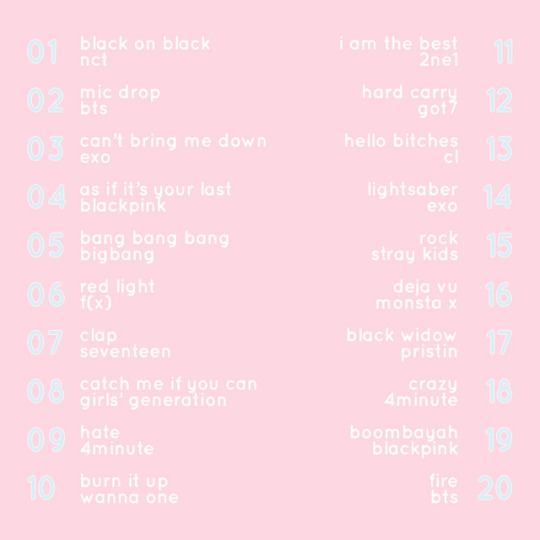
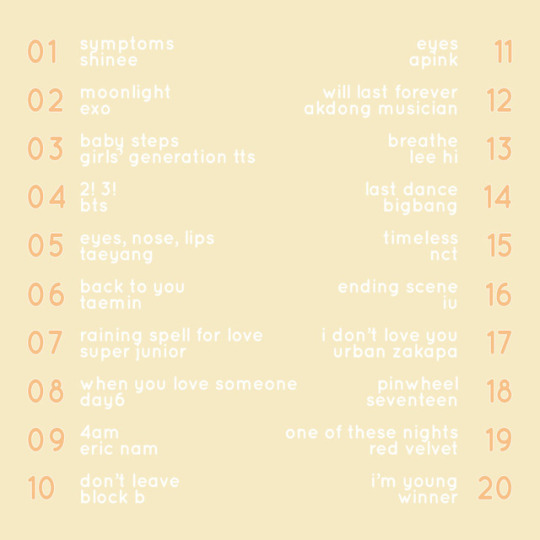



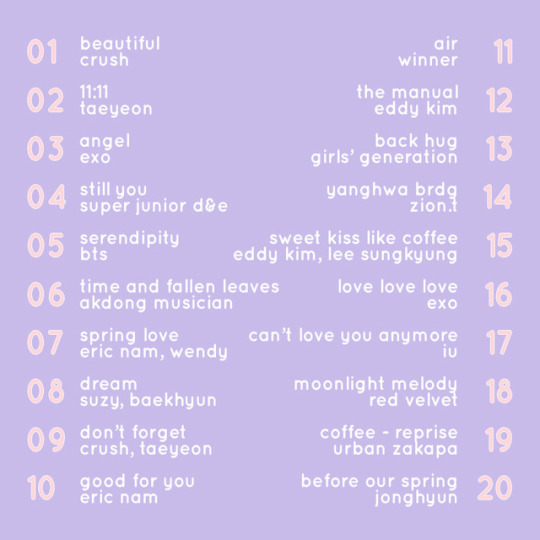

kpop study playlists
lively | melancholy | sultry | serenity
7K notes
·
View notes
Text
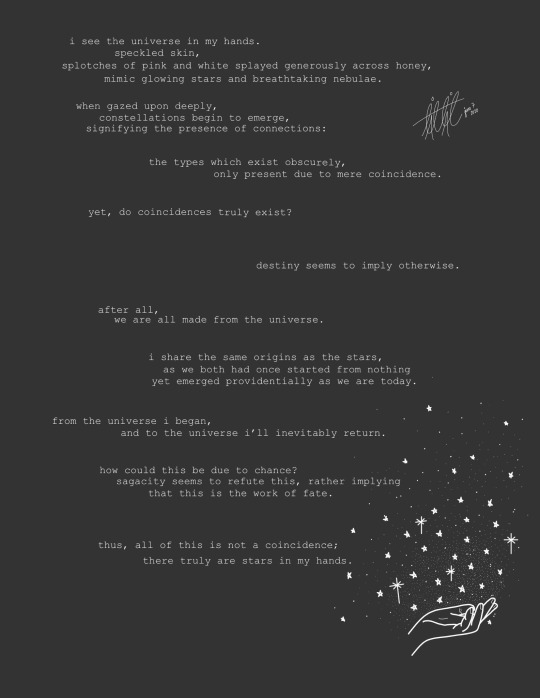
i wrote a poem at like 5:30 am last night and its............. not the best but i have no other place to put thus monstrosity so enjoy LMAOOOO
#poetry#poem#my poem#what even#is this#embarrasment#sorry lmao#new studyblr#student#studyblr#notes#studyspo#class#classes#online school#study#study aesthetic#study at home#education#books and libraries#writers#graphite#light academia#study inspiration#universe#sparkle#space#aesthetic
12 notes
·
View notes
Text

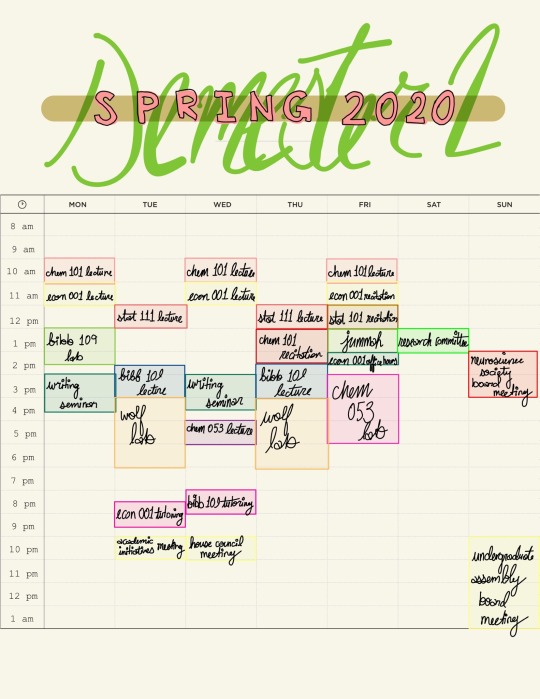
〄 100 days of productivity: day 3 〄
┊ ┊ ┊ ┊ ┊ ┊
┊ ┊ ┊ ┊ ˚✩ ⋆。˚ ✩
┊ ┊ ┊ ✫
┊ ┊ ☪︎⋆
┊ ⊹ ┊
✯ ⋆ ┊ . ˚
˚✩
today was productive in a different sense; i learned how to impromptu bake with random ingredients in my house and ended up making spinach cheese rolls and mini apple pies :) but in an academic standpoint, im about to finish the book i started reading called “bad blood” about theranos and elizabeth holmes (a really good read !! i totally recommend it), and im powering through another computer science lecture as well. i need to do some chem work as well, and maybe ill add in more korean practice (watching kdramas counts right ?? hehe). attached are my schedules for my freshman year at penn. sadly second semester was cut short, but it was fulfilling !! somehow i was more burnt out first semester than second, but my grades for second semester were much better so maybe keeping busy is better for me. excited to keep making these for the rest of my time in uni so i can keep track of what ive been doing !!
────── ・ 。゚☆: *.☽ .* :☆゚. ──────
today’s song of the day:
#new studyblr#student#studyblr#notes#studyspo#class#classes#online school#study#study aesthetic#scheduled#goodnotes#quarantine#chem was not fun#u know what i mean#study at home#Spotify#100 days challenge#education#books and libraries#writers#study inspiration#graphite#100 day project#100 days of productivity#100 days of self discipline
11 notes
·
View notes
Text
How to learn a language when you don’t know where to start:
General Plan:
Weeks 1 and 2:
Purpose:
Learn the fundamentals sentence construction
Learn how to spell and count
Start building a phrase stockpile with basic greetings
The Alphabet
Numbers 1 - 100
Subject Pronouns
Common Greetings
Conjugate the Two Most Important Verbs: to be and to have
Basic Definite and Indefinite Articles
Weeks 3 and 4:
Purpose:
Learn essential vocabulary for the day-to-day
Start conjugating regular verbs
Days of the Week and Months of the Year
How to tell the time
How to talk about the weather
Family Vocabulary
Present Tense Conjugations Verbs
Weeks 5 and 6:
Purpose:
Warm up with the last of the day-to-day vocabulary
Add more complex types of sentences to your grammar
Colours
House vocabulary
How to ask questions
Present Tense Conjugations Verbs
Forming negatives
Weeks 7 and 8:
Purpose:
Learn how to navigate basic situations in a region of your target language country
Finish memorising regular conjugation rules
Food Vocabulary and Ordering at Restaurants
Money and Shopping Phrases
Present Tense Conjugations Verbs
Weeks 9 and 10:
Purpose:
Start constructing descriptive and more complex sentences
Adjectives
Reflective verbs
Places vocabulary
Weeks 11 and 12:
Purpose:
Add more complex descriptions to your sentences with adverbs
Wrap up vocabulary essentials
Adverbs
Parts of the body and medical vocabulary
Tips for Learning a Foreign Language:
Learning Vocabulary:
What vocabulary should I be learning?
There are hundreds of thousands of words in every language, and the large majority of them won’t be immediately relevant to you when you’re starting out.Typically, the most frequent 3000 words make up 90% of the language that a native speaker uses on any given day. Instead try to learn the most useful words in a language, and then expand outwards from there according to your needs and interests.
Choose the words you want/need to learn.
Relate them to what you already know.
Review them until they’ve reached your long-term memory.
Record them so learning is never lost.
Use them in meaningful human conversation and communication.
How should I record the vocabulary?
Learners need to see and/or hear a new word of phrase 6 to 17 times before they really know a piece of vocabulary.
Keep a careful record of new vocabulary.
Record the vocabulary in a way that is helpful to you and will ensure that you will practice the vocabulary, e.g. flashcards.
Vocabulary should be organised so that words are easier to find, e.g. alphabetically or according to topic.
Ideally when noting vocabulary you should write down not only the meaning, but the grammatical class, and example in a sentence, and where needed information about structure.
How should I practice using the vocabulary?
Look, Say, Cover, Write and Check - Use this method for learning and remembering vocabulary. This method is really good for learning spellings.
Make flashcards. Write the vocabulary on the front with the definition and examples on the back.
Draw mind maps or make visual representations of the new vocabulary groups.
Stick labels or post it notes on corresponding objects, e.g when learning kitchen vocabulary you could label items in your house.
How often should I be practising vocabulary?
A valuable technique is ‘the principle of expanding rehearsal’. This means reviewing vocabulary shortly after first learning them then at increasingly longer intervals.
Ideally, words should be reviewed:
5-10 minutes later
24 hours later
One week later
1-2 months later
6 months later
Knowing a vocabulary item well enough to use it productively means knowing:
Its written and spoken forms (spelling and pronunciation).
Its grammatical category and other grammatical information
Related words and word families, e.g. adjective, adverb, verb, noun.
Common collocations (Words that often come before or after it).
Receptive Skills: Listening and Reading
Reading is probably one of the most effective ways of building vocabulary knowledge.
Listening is also important because it occupies a big chunk of the time we spend communicating.
Tips for reading in a foreign language:
Start basic and small. Children’s books are great practice for beginners. Don’t try to dive into a novel or newspaper too early, since it can be discouraging and time consuming if you have to look up every other word.
Read things you’ve already read in your native language. The fact that you at least know the gist of the story will help you to pick up context clues, learn new vocabulary and grammatical constructions.
Read books with their accompanying audio books. Reading a book while listening to the accompanying audio will improve your “ear training”. It will also help you to learn the pronunciation of words.
Tips for listening in a foreign language:
Watch films in your target language.
Read a book while also listening along to the audio book version.
Listen to the radio in your target language.
Watch videos online in your target language.
Activities to do to show that you’ve understood what you’ve been listening to:
Try drawing a picture of what was said.
Ask yourself some questions about it and try to answer them.
Provide a summary of what was said.
Suggest what might come next in the “story.”
Translate what was said into another language.
“Talk back” to the speaker to engage in imaginary conversation.
Productive Skills: Speaking and Writing
Tips for speaking in a foreign language:
If you can, try to speak the language every day either out loud to yourself or chat to another native speaker whether it is a colleague, a friend, a tutor or a language exchange partner.
Write a list of topics and think about what you could say about each one. First you could write out your thoughts and then read them out loud. Look up the words you don’t know. You could also come up with questions at the end to ask someone else.
A really good way to improve your own speaking is to listen to how native speakers talk and imitate their accent, their rhythm of speech and tone of voice. Watch how their lips move and pay attention to the stressed sounds. You could watch interviews on YouTube or online news websites and pause every so often to copy what you have just heard. You could even sing along to songs sung in the target language.
Walk around the house and describe what you say. Say what you like or dislike about the room or the furniture or the decor. Talk about what you want to change.This gets you to practise every day vocabulary.
Tips for writing in a foreign language:
Practice writing in your target language. Keep it simple to start with. Beginner vocabulary and grammar concepts are generally very descriptive and concrete.
Practice writing by hand. Here are some things you can write out by hand:
Diary entries
Shopping lists
Reminders
What could I write about?
Write about your day, an interesting event, how you’re feeling, or what you’re thinking.
Make up a conversation between two people.
Write a letter to a friend, yourself, or a celebrity. You don’t need to send it; just writing it will be helpful.
Translate a text you’ve written in your native language into your foreign language.
Write a review or a book you’ve recently read or a film you’ve recently watched.
Write Facebook statuses, Tweets or Tumblr posts (whether you post them or not will be up to you).
Write a short story or poem.
Writing is one of the hardest things to do well as a non-native speaker of a language, because there’s no room to hide.
There are lots of ways to improve your writing ability, but they can be essentially boiled down to three key components:
Read a lot
Write a lot
Get your writing corrected
28K notes
·
View notes
Text
Dark Academia Books for Students of Politics and International Relations:
I mean, heck, I am no expert but my need to see this niche ass post is a lot so here goes.
The Prince: Machiavelli- do I NEED to explain this one. Its a seminal text in politics and political philosophy and when you listen to the ideas described in it they can sound a little crazy but once you read it you realise they are still crazy but grounded in something very real. Also its short as heck and an easy read.
Politics among Nations: The Struggle for Power and Peace- Hans J Morgenthau. I had to pick this one up for my coursework last semester and I thought it would be a snooze fest but no. I was drawn in and I haven’t finished it since but I do plan to get back to it at my leisure.
The End of History and the Last Man: Francis Fukuyama- YES, I fundamentally disagree with Fukuyama on so many points. YES, it is still one of my favourite books of all time. it is a very riveting discussion of political philosophy, history and international relations. If you are interested in any of those topics, pick it up. You won’t regret it.
How Democracy Ends: David Runciman- captivatingly written, great arguments, and a very unique voice. Super relevant in today’s international political atmosphere and if you are interested in studying the rise of right wing authoritarian governments across the globe, this is a great place to start.
Thomas Hobbes: Leviathan- another one that I just feel like i don’t need to explain. Again haven’t read it fully yet, but its quite chill inducing and the basis for most of the contemporary discussion on state, liberalism, authoritarianism, rights and so forth.
These were just my recommendations, and I by no means claim that they cover the entire gamut of the field. In fact, I would consider myself a noob still where texts relating to politics or IR are concerned, so feel free to give your recommendations and opinions as well!
9K notes
·
View notes
Text

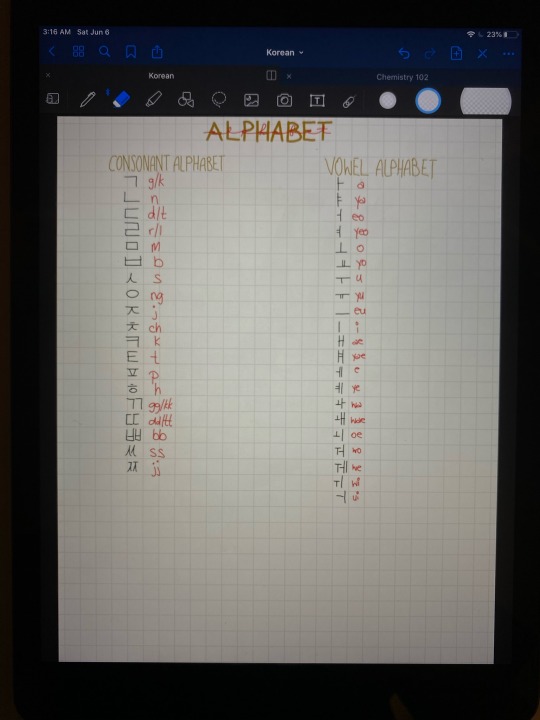
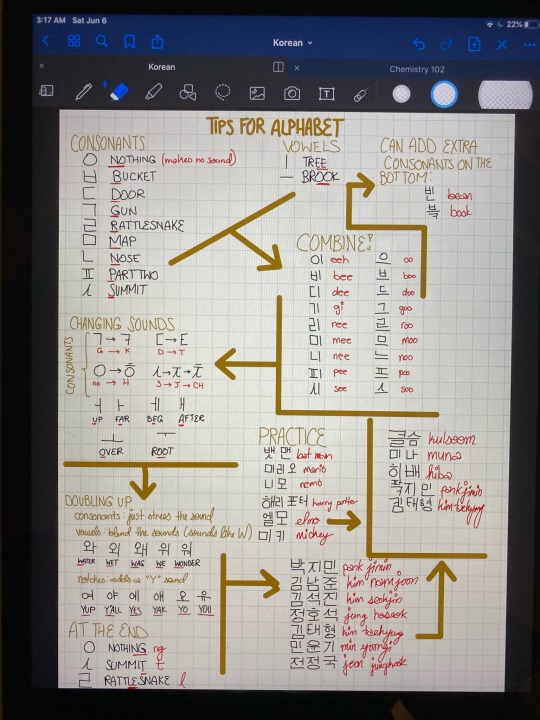


〄 100 days of productivity: day 2 〄
┊ ┊ ┊ ┊ ┊ ┊
┊ ┊ ┊ ┊ ˚✩ ⋆。˚ ✩
┊ ┊ ┊ ✫
┊ ┊ ☪︎⋆
┊ ⊹ ┊
✯ ⋆ ┊ . ˚
˚✩
some notes that i took today. decided to try to finally learn some korean so im learning the alphabet, and i think i got most of the consonants down and a few of the vowels. def need to practice tho ! compsci and chem are going pretty well too so thats fun :) tomorrow i get to go back to campus and move out of my dorm room which’ll be pretty sad because i miss city life but im hoping ill be back in the fall since staying home is draining me smh
────────────・ 。゚☆: *.☽ .* :☆゚. ───────────
what im currently listening to :)
#new studyblr#notes#student#studyblr#studyspo#class#classes#online school#study#study aesthetic#ddaeng#goodnotes#quarantine#applepencil#ipad
4 notes
·
View notes
Text

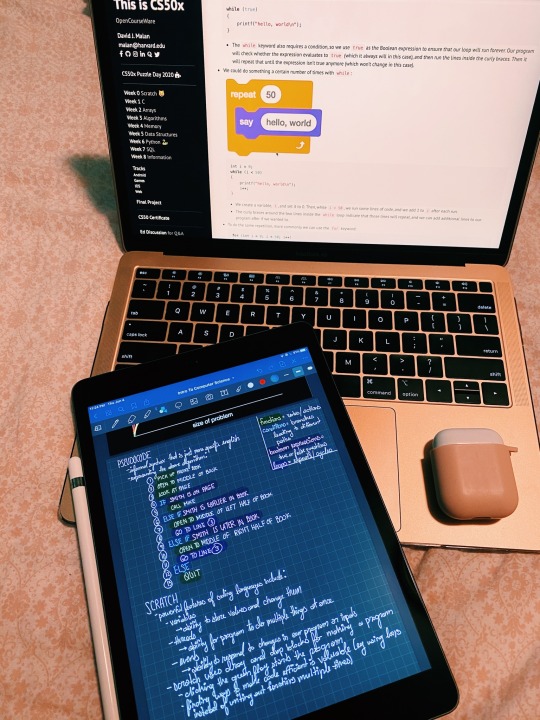


〄 100 days of productivity: day 1 〄
┊ ┊ ┊ ┊ ┊ ┊
┊ ┊ ┊ ┊ ˚✩ ⋆。˚ ✩
┊ ┊ ┊ ✫
┊ ┊ ☪︎⋆
┊ ⊹ ┊
✯ ⋆ ┊ . ˚
˚✩
ipad + apple pencil finally came in :) i literally got right to work and knocked out a computer science lecture, and its 5 am right now and i decided to get some chemistry done too. rlly vibing w goodnotes, but there’s still definitely a lot of features i still need to discover and all that. really like this tho, and i’ve been a lot more productive than usual which is perfect :)
────── ・ 。゚☆: *.☽ .* :☆゚. ──────
+ yes i’m obsessed with this so enjoy ^ :)
#its rlly 5 in the morning#new studyblr#notes#student#studyblr#studyspo#class#classes#online school#study#study aesthetic#goodnotes#jungkook#still with you#idk i rlly love jk#rlly vibing#jungkook is my favorite soundcloud rapper#even tho hes not rapping#u know what i mean#idk#ily bts#jjk#SoundCloud
11 notes
·
View notes
Photo

Zaha Hadid’s The Peak Project, Hong Kong, China (1991)
In response to last week’s executive order denying citizens from seven predominantly Muslim nations entry to the United States, we have installed works by artists from some of those countries throughout our collection galleries. One of these works is Zaha Hadid’s The Peak Project, Hong Kong, China (1991), adjacent to Henri Rousseau’s The Sleeping Gypsy (1897). Hadid (British, born Iraq. 1950–2016) became the first woman, and first Iraqi, to receive the Pritzker Architecture Prize in 2004. See this work up close.
583 notes
·
View notes
Photo

Burt Glinn, Woman looking at Ad Reinhardt, Museum of Modern Art, new york, 1964
5K notes
·
View notes
Text
TW: will show police brutality
the murder of George Floyd by Minneapolis Police got hacker group Anonymous to come out of hiding and demand justice or will expose the secrets of their police department
it’s been a hot minute since these people have come out
8K notes
·
View notes

